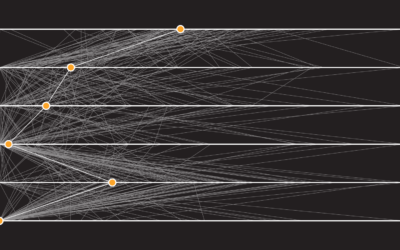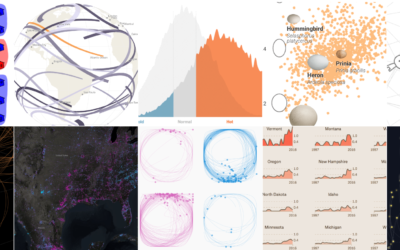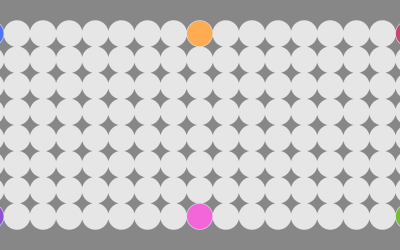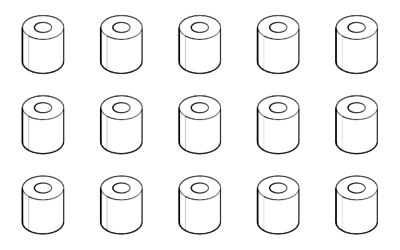Game of Distraction
They say a watched pot never boils. So here’s a game where you try to make a pot boil by looking somewhere else. More distraction leads to more points.
This is a toy, but as you might expect, there’s plenty of research that suggests we perceive time to move slower when we stare at that metaphorical pot.
Going the other direction, and maybe more important for these current days, time seems to move faster when we’re occupied by a goal. Philip Gable and Bryan Poole published research in 2012 about how time flies when you’re having approach-motivated fun. They showed hungry psychology students a series of pictures, and the subjects appeared to perceive time to move faster when they saw pictures of food versus neutral pictures like geometric shapes.
On top of that, in 1997, Angrilli, et al. studied how emotion plays a role in time perception. Subjects appeared to estimate time moving slower when shown pictures of anger or scowling than when shown happy pictures.
So, I think I’m going to read less news, which tends to be a not so happy place. I’ll just keep on cooking quarantine recipes and maybe learn to make better games.
Become a member. Support an independent site. Make great charts.
See What You Get




